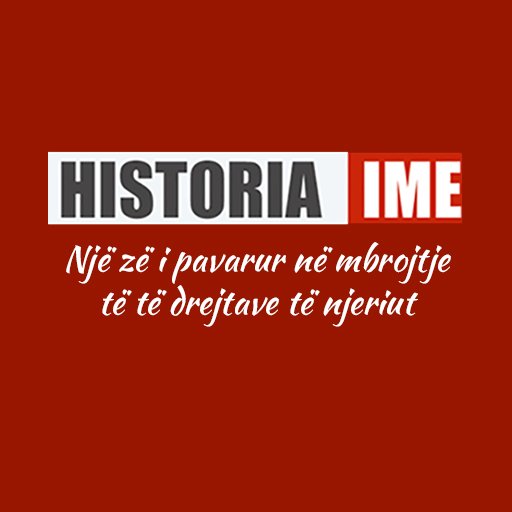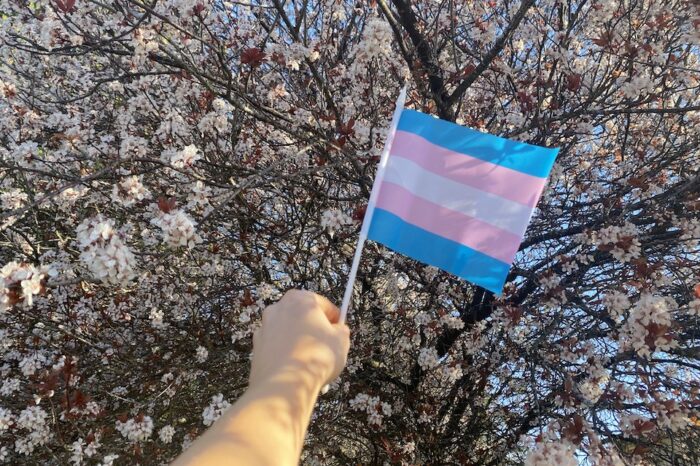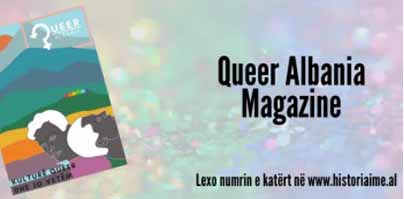At a time of successful HIV prevention mechanisms like Pre-exposure Prophylaxis (PrEP) and Post-exposure Prophylaxis (PEP), and as more European countries are bringing cases of new HIV infections to historical lows, Albania, a candidate country for EU membership, reports a distressing situation of continuously interrupted services, inefficient treatment plans and procurement mechanism, and lack of transparency and communication by the Ministry of Health and Social Protection (MoHSP) and the Country Coordinating Mechanism (CCM).
ERA’s members in Albania, Alliance against Discrimination LGBT and Albanian Association of People Living with HIV/AIDS report a worrying and pessimistic situation. For years on, Albania does not purchase and import in a timely manner the necessary antiretroviral drugs, which need to be continuous and uninterrupted. As such, HIV patients are forced, during stock-out, to change their treatment schemes frequently, the consequences of which can be devastating for their health. Even though civil society organisations have continuously raised awareness and advocated against this problem, the situation repeats itself each year. To make matters worse, Albania frequently in the year lacks testing kits for CD4, viral loads and virus resistance, forcing patients to do such tests in private clinics with very high costs for most.
In addition, local organisations report a total lack of awareness activities by the Ministry of Health and Social Protection, even less with the MSM population as a target. As a result, prejudices and stigma towards HIV remains very high among the LGBTI community and the rest of society, pushing many people not to get tested or to refuse treatment, very often leading to serious health complications and even death. While Albania prouds itself as a low-prevalence country, the number of HIV related deaths in the country is alarming: 27 persons died in 2018 and 24 in 2019. LGBTI people remain the most affected key population due to double-stigma, fear of discrimination and exclusion.
As of January 14th Civil Society Organisations have sent an open letter to the Ministry of Health and Social Protection and the international donor community urging them to take immediate action and secure provision of interrupted services. A major challenge in this regard seems to be the delay in beginning implementation of the Transition Grant 2020-2022. In relation to it, NGOs have also complained about the inaccessibility of the final draft of the grant and its plan of implementation. The year 2020 has started with disruption of services not only for about 200 people living with HIV/AIDS but also for 1800 People who Inject Drugs (PWID), 380 Methadone clients, 1200 Men Having Sex with Men (MSM), 290 Sex Workers (SW) and 30 prisoners. Consequently, NGOs have been forced to shut down their services, cut human resources and return many assets such as computers, printers, minivan, tables and shelves to the Project Management Unit (PMU). Many of the human resources trained for such purposes in NGOs are losing their jobs, harm reduction services for PWID and MSM are closing down, NGOs are not permitted to use any longer the mobile units and most importantly two methadone centres have run out of methadone as of end of January.
One would think that the Albanian government would create and provide its own budget for such an important public health issue. In fact, the Country Coordinating Mechanism (an inter-ministerial coordinating body) hasn’t met since April 2019 and local NGOs have absolutely no information as to how and when will the project start, what will be the role of each actor and how will the sustainability of services be ensured. It can be said without a single doubt that both institutions have failed their leadership and coordinating role consistently.
Under such unacceptable conditions, ERA joins its member organisations as well as all other organisations working with key populations in Albania, in denouncing the total lack of transparency and leadership by the MoHSP and the CCM and the fact that thousands of people from affected key populations are now at the mercy of chance and with a bleak and frightening future ahead of them.
One would assume that at a time when the world is celebrating the success and efficacy of PrEP, rapid and accessible testing (including self-testing), highly effective antiretroviral treatments, and in an era of super-fast internet and easily accessible information, the Albanian government should at the very least be able to raise awareness, provide basic services to prevent new transmissions and properly treat people living with HIV/AIDS.
We urge the Albanian government and its international partners to take immediate action and put an end to this ludicrous historical problem which is the result of nothing else but incompetence and lack of proper planning and management. We will continue to monitor this situation in the coming months and make sure that this problem is adequately addressed and that NGOs are not only enabled to continue providing the much needed services but that their communication with the MoHSP is efficient and transparent and that the health and well-being of all affected key populations will be properly ensured.
Author: Amarildo Fecanji.
Contributors: Alliance against Discrimination LGBT, Albanian Association of People Living with HIV/AIDS










